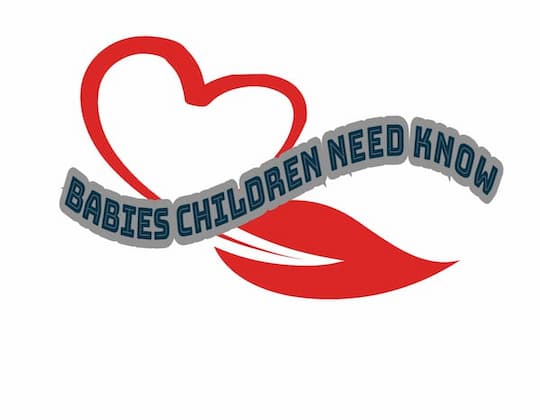Reasons why children are afraid of mirrors?
Most parents and caretakers of young children can’t wait to show their child how much he or she has grown by taking them to get a look at themselves in the mirror for the first time.
The face that greets the baby in the mirror is often not one they recognize, but it’s one that many babies are afraid of nonetheless.
The sight of their own face inspires some babies to scream and cry, then quickly run away from the mirror as fast as they can go.
- Why do babies find their own reflections so scary?
- What exactly do they see?
Mirror Neurons
Mirror neurons are a fascinating part of brain science. Brain cells fire when you perform an action and also fire if you watch someone else perform that same action.
These types of cells help us understand what others may be feeling, but we’re not always sure why there is such a strong connection between seeing yourself in a mirror and feeling so frightened.
There are some theories on why children react with fear to seeing their reflection, but there is still research being done to make sense of our reactions to mirrors. The first thing we need to understand is how our brains interpret these events.
What happens when we look at ourselves in the mirror?
Mirroring
When we look at someone, our brains send them a message. It's a micro message that says: hey, I'm looking at you.
When a baby sees herself in a mirror she thinks there's another baby there... so her brain sends her message to that 'other' baby.
And then she gets freaked out because she knows she's sending signals but isn't getting any response back. She thinks something is wrong with her.
Visual Skill Development
Babies rely heavily on their sense of sight, but that’s only one part of their senses. After all, how can a baby know who is nearby if she can’t hear her parents or feel their touch?
While it might seem like looking at your reflection will be a fun new way for your baby to play and learn, mirrors may cause more harm than good.
See what causes these issues and why you should keep your little one away from mirrors.
The Importance of Face-to-Face Interaction
By spending time interacting with friends and family face-to-face, children are learning social skills that will serve them well throughout their life.
Face-to-face interaction provides several benefits to infant development, from language skills to social cognition.
This type of interaction is vital for developing interpersonal communication skills, which are among some of the first developments that occur between a mother and child during infancy. Socializing with other people is key for infants’ emotional development as well as for their cognitive progress.
As an added bonus, studies have shown that frequent social interactions can reduce stress levels. It may not be hard science or anything, but it makes sense: When you feel less stressed out and more relaxed around others, it makes it easier to maintain relationships—and how could your relationships be anything but positive if you feel happy?
Signs That Your Baby Might be Ready for a Mirror
Babies are all different, but several signs can let you know your baby is ready for a mirror. They may be able to sit up by herself, and she may seem interested in other children or adults when they look at her reflection.
You should wait until your baby reaches six months of age before introducing a mirror to her world because earlier than that she won’t understand what it means.


Comments
Post a Comment